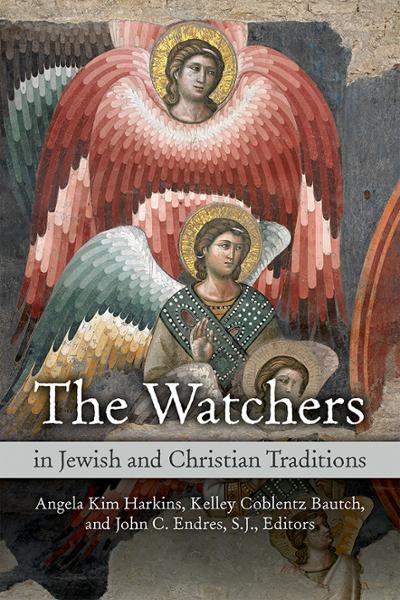Endorsements
"Scholars and students alike can learn much from The Watchers in Jewish and Christian Traditions. Written by leading scholars, the articles in this book comprise a rich introduction to a fascinating subject—the tradition, based on Genesis 6, that angels descended to the earth and had sex with women, who gave birth to violent giants. This volume provides a cogent and engaging survey of the current state of scholarship on the watchers myth, as interpreted and retold throughout the centuries in ancient Judaism and Christianity."
—Matthew Goff
Florida State University
"The Watchers in Jewish and Christian Traditions is an important collection of essays that should be of interest not only to scholars but to all educated non-specialists in the ways myths about the fallen angels have influenced the literature and imaginations of ancient Jewish and Christian communities. It explores the origins of the Watchers tradition in Mesopotamian lore, the discussions in the Hebrew Bible, and the enormous impact of the tradition in Second Temple Judaism (especially in 1 Enoch; Jubilees; and the Dead Sea Scrolls), the New Testament, early Christianity, and rabbinic Judaism."
—Jacques T. A. G. M. van Ruiten
University of Groningen
"The Watchers have finally come to the public attention thanks to the movie Noah. The essays in this volume provide the most comprehensive and reliable guide to the actual ancient evidence about these exotic figures that has ever been published. This is an important contribution to the study of Jewish and Christian apocalyptic literature."
—John J. Collins
Yale Divinity School
"This collection of essays offers some of the finest research on the Watcher Tradition to emerge in recent scholarship on the topic. The various chapters explore the possible origins in the Mesopotamian period, the development in Jewish Scriptures, the Second Temple Period, and finally the reception of the tradition in early Jewish and Christian literature. The volume is highly recommended for any scholar and student of Second Temple Period literature."
—Archie T. Wright
Regent University, School of Divinity
